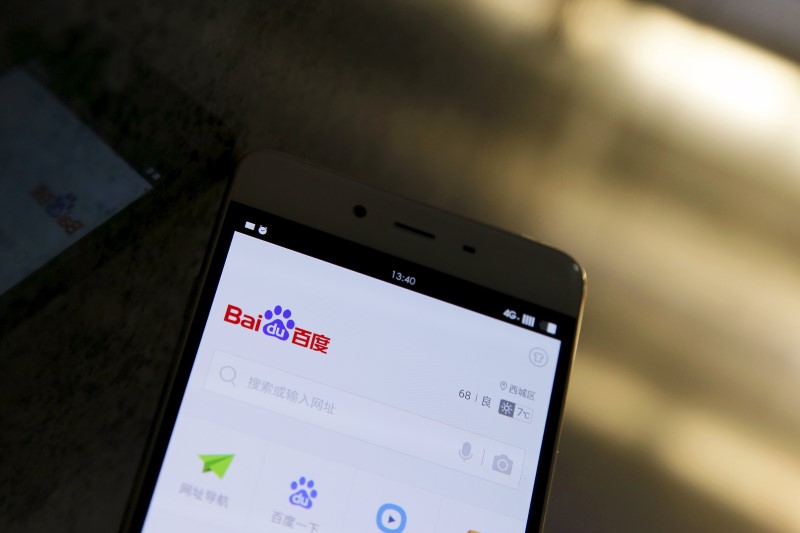This week ahead || Mar 25th - Mar 29th 2024
Here's your news for the week ahead.

Massive changes coming to Google Chrome threaten to reshape the modern internet
Google's decision to end third-party cookies via its Chrome browser later this year marks a significant shift in the advertising landscape, aiming to enhance user privacy but potentially disrupting the internet's economic model. The move, affecting 60% of global internet traffic, will impact businesses reliant on targeted advertising, potentially leading to revenue losses and even website closures. While Google promises new privacy-preserving technologies, concerns persist about the impact on smaller publishers and the normalization of data collection. Larger tech firms with walled gardens may weather the transition better, but for many others, navigating this change poses existential challenges amidst economic uncertainties and the dominance of tech giants in the advertising space.
Burned Before, Bond Markets Resume Rate-Cutting Trades Worldwide
Investors are once again gearing up for potential interest rate cuts as central banks, including the Federal Reserve, Bank of England, and European Central Bank, signal a dovish outlook. Market sentiment is shifting towards shorter-dated obligations, anticipating rate reductions, which could lead to a traditional upward slope in the yield curve. Despite past instances where markets anticipated dovish moves but experienced hawkish outcomes, investors are positioning for potential easing, driven by factors like stubborn inflation and resilient labor markets. While central banks may move at different speeds, opportunities in fixed-income markets could arise from these divergences. Traders are eyeing June for the start of the Fed's easing cycle, with several rate cuts expected from major central banks throughout 2024. However, the Bank of Japan stands out, expected to lift rates later in the year. The dovish pivot from central banks could make the bond market one of the best-performing this year, though divergence may persist, especially with the US presidential election approaching. Despite revisions in inflation and growth outlooks, signaling a shallow easing cycle, investors remain cautious about the extent of curve steepening ahead.

Asian stocks skittish ahead of data packed-week, Japan’s Nikkei falls
On Monday, most Asian stocks traded flat to lower, with Japan's Nikkei 225 retreating from record highs amid cautious sentiment ahead of key economic data releases later in the week. The Nikkei fell 0.7%, reflecting investor concerns about potential further tightening in Japanese monetary policy despite recent record highs. Chinese stocks, represented by the Shanghai Shenzhen CSI 300 and Shanghai Composite indexes, also declined 0.1% each amid fears of increased US export restrictions, particularly in the technology sector. Reports of Beijing instructing government organizations to stop using chips from Intel and AMD, along with potential US trade law violations by Chinese chipmakers, weighed on investor sentiment. However, positive earnings from companies like Meituan helped offset losses in other sectors, contributing to a 0.3% rise in Hong Kong's Hang Seng index. Meanwhile, South Korea's KOSPI and Malaysian stocks experienced slight declines, while Australia's ASX 200 bucked the trend with a 0.6% increase, supported by strength in mining and bank stocks. Key economic indicators, including inflation and industrial production data, are awaited later in the week for further market direction.

Baidu reportedly in talks with Apple over AI tie-up, shares surge
Baidu Inc's shares surged in Hong Kong trading following reports of talks with Apple Inc to use Baidu's AI models in Apple's iPhone software in China, with media suggesting inclusion in iPhone 16 and IOS 18. Baidu's AI ambitions could benefit from this move, addressing U.S. regulatory concerns while enhancing revenue. Apple's potential adoption of Baidu follows a similar integration by Samsung in its Galaxy S24 smartphones. Apple has also been in talks with Google for AI integration. This move could bolster iPhone sales in China amidst increased competition and government scrutiny. Neither Apple nor Baidu immediately responded to requests for comment.
